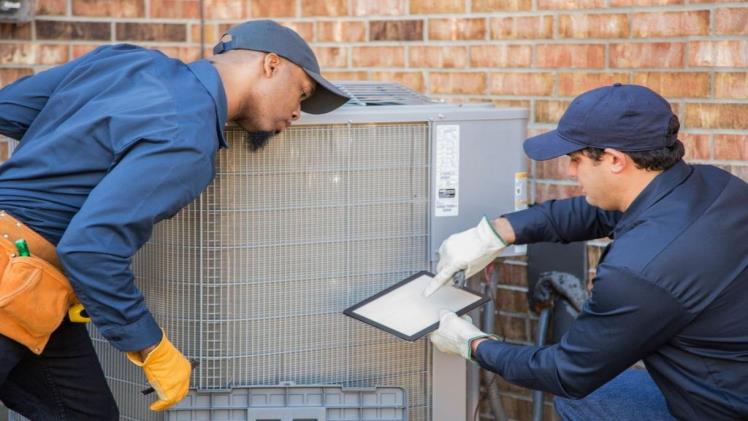Home warranties are worth considering for a variety of reasons. However, shoppers should consider the details of each plan before signing a contract. For example, a warranty may duplicate coverage from another source or provide less value than expected.
In addition, a warranty should include a reliable network of service professionals to address breakdowns quickly. Go online and you can find a list of the worst home warranty companies and make sure you avoid them so you don’t have the same problems. Here are some key questions homeowners should ask providers before signing up:
What is a Home Warranty?
A home warranty is an annual service contract that covers the repair and replacement costs of certain appliances and systems in your home. A home warranty differs from homeowner’s insurance, which covers liability and property loss.
Typically, home warranties only cover problems that result from normal wear and tear or other causes outside of your control. That means you still need to do regular maintenance to keep your appliances and systems in good shape.
However, some homeowners find that having a home warranty gives them peace of mind and helps them avoid expensive and stressful repair bills. If you’re considering getting a home warranty, shop around and compare premiums, coverage options and limitations to find the best plan for your needs. You can also negotiate with a seller to include the cost of a home warranty in your purchase agreement.
How Does a Home Warranty Work?
Home warranties are designed to reduce financial stress when appliances and systems break down from normal use or due to age. When a problem occurs, the homeowner calls the home warranty company and they send a service provider to assess the situation. If the item is covered, the technician will then repair or replace it.
Homeowners can choose plans that cover systems or individual appliances. They can also customize coverage by adding or deleting items from the plan. Home warranty providers also typically place coverage caps on certain items to protect against expensive repairs.
Home warranties can make sense for first-time home buyers, people who don’t have extensive handyman experience or want to avoid having to dip into their emergency funds for unexpected repair bills. However, buyers must carefully evaluate home warranties and consider their deductibles, service call fees and optional upgrades to determine if they are right for them.
What Is Covered by a Home Warranty?
Home warranties often come up during the process of buying a new home. Home sellers may offer one as a selling point to give buyers peace of mind that critical systems and appliances are covered.
Home warranty companies typically have contracts that describe standard coverage, options and upgrades. It’s important for homeowners to review these carefully before purchasing a home warranty.
For example, some homeowners have concerns about whether a home warranty will cover pre existing conditions and improper maintenance. This is a valid concern since home warranties cover systems and appliances that have lifespans and will eventually break down due to normal wear and tear. A good home warranty will also include waiting periods before repair coverage kicks in. This helps prevent fraudulent claims by people who try to make repairs before they’re eligible for coverage.
How Much Does a Home Warranty Cost?
In addition to an annual premium, home warranty costs can include a service call fee and other add-on fees. These fees vary by provider and coverage options, with higher add-ons bringing up the cost of the plan.
Many homeowners find that a home warranty is worth the money because it helps them save on repair and replacement costs. However, it is important to consider your budget and your ability to handle potential repairs before deciding if a home warranty is right for you.
Having a home warranty can help you avoid costly repairs down the road and save time searching for trusted contractors. To get the most out of your home warranty, look for companies with low premiums, generous coverage caps and comprehensive coverage.
How Long Does a Home Warranty Last?
Home warranty companies offer a variety of plans that allow buyers to curate their coverage options. Contracts typically detail which appliances and systems are covered, and what isn’t. While there are pros and cons to having a home warranty, for many people it is worth the peace of mind. If you are in the process of buying a home, or have depleted your savings, a warranty can help protect you from large unexpected costs. With a home warranty in place, you can rest assured that your repairs will be handled quickly and efficiently.





